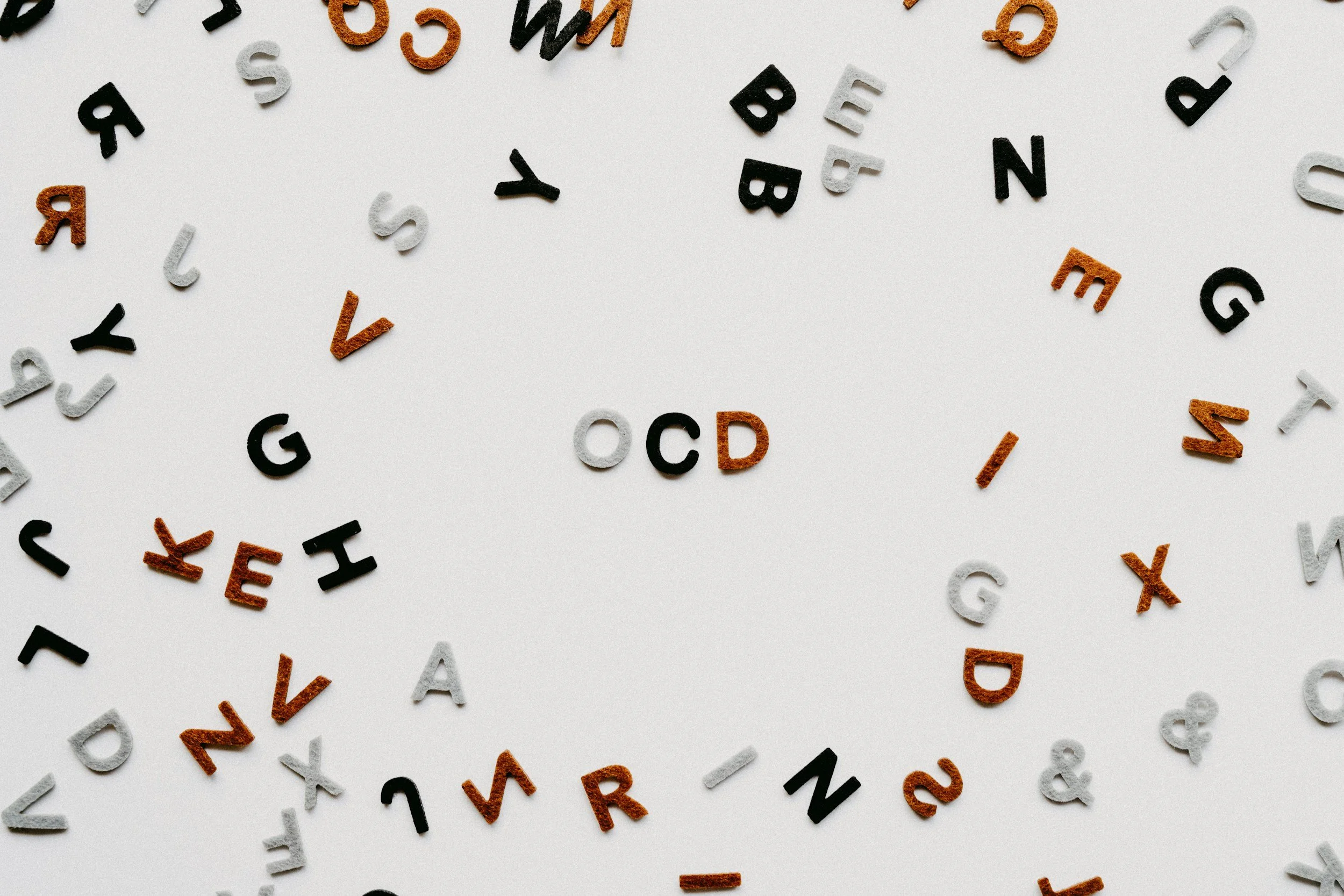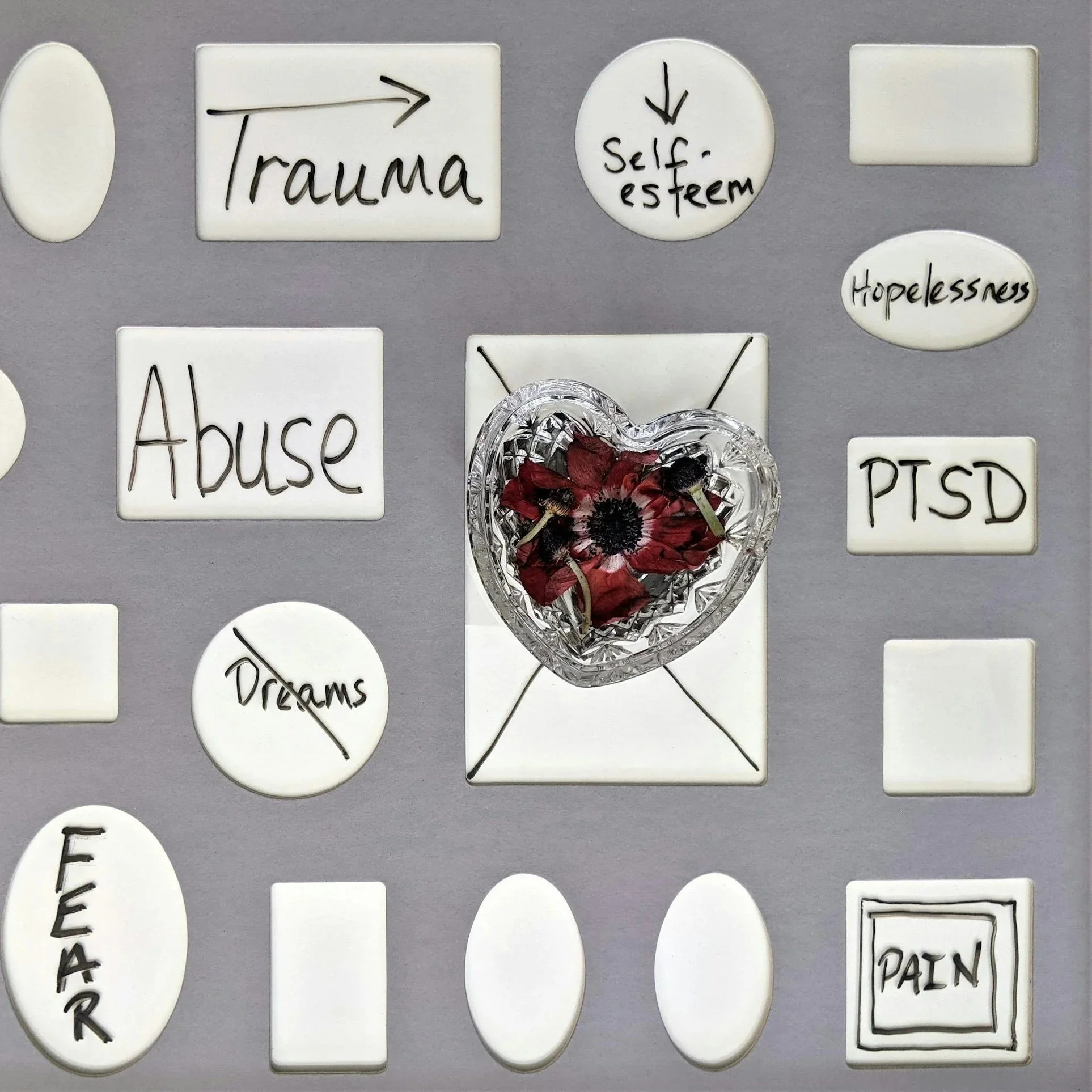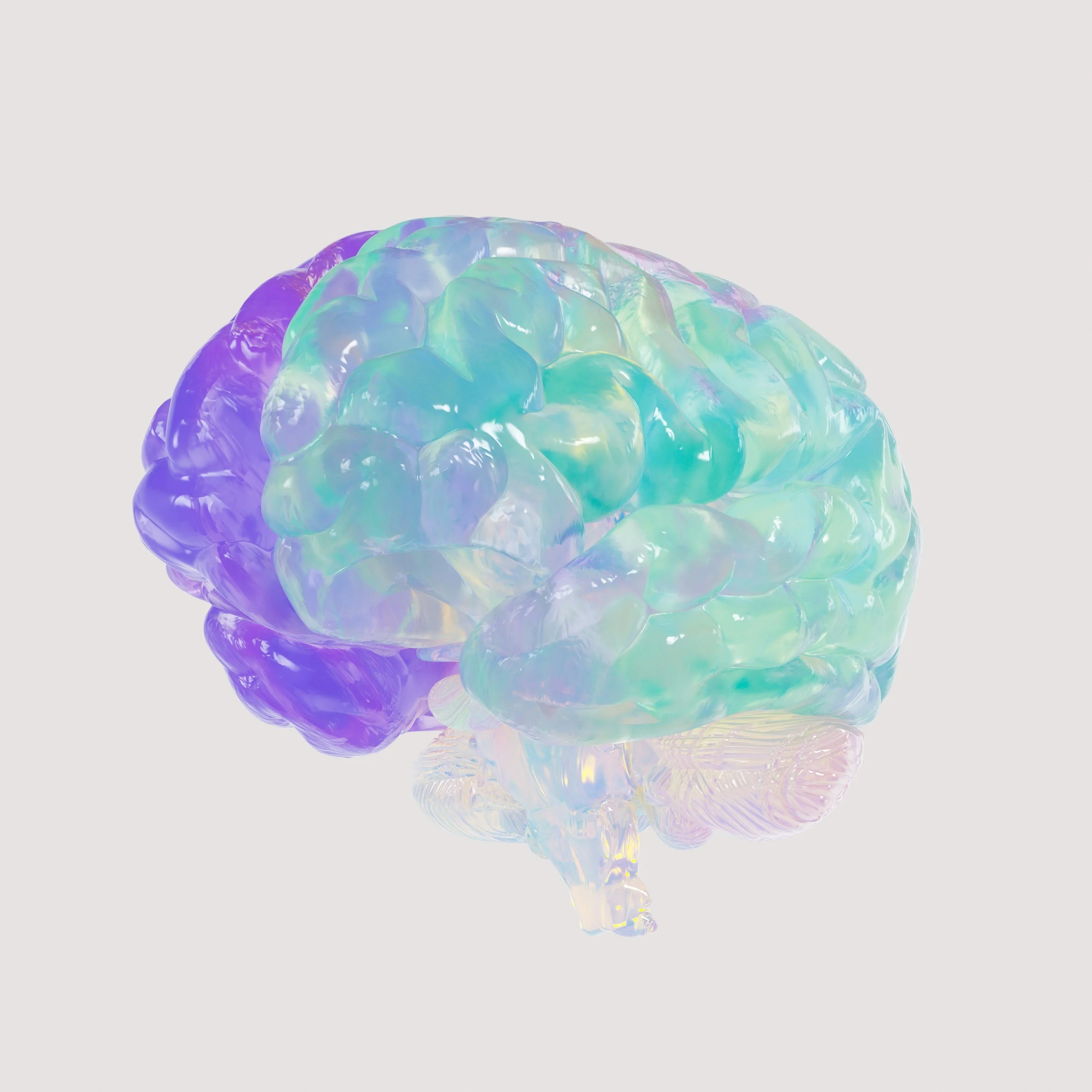
Mental Health Conditions — and How We Can Help
Depression
Persistent sadness, lack of energy, hopelessness — it’s more than just feeling down. Depression is a serious mood disorder that can affect how you think, feel, sleep, eat, and function. You may find yourself withdrawing from others, losing interest in the things you once enjoyed, or struggling to get through daily tasks.
Postpartum Depression
If you're struggling after giving birth — feeling overwhelmed, disconnected, tearful, or even hopeless — you're not alone. Postpartum depression (PPD) is a form of depression hat affects many women after bith. It’s not just the “baby blues.” PPD can interfere with bonding, daily functioning, and your overall well-being, making an already challenging time feel even more isolating.
Anxiety
When worry never turns off, and every day feels like a battle.
GAD is more than occasional stress — it’s persistent, excessive worry that can interfere with sleep, concentration, and daily life. Physical symptoms like tension, restlessness, or fatigue often accompany the mental strain.
Panic Attacks
Sudden, intense waves of fear. A racing heart, shortness of breath, dizziness — even the feeling that something terrible is about to happen. Panic attacks can come out of nowhere and leave you feeling powerless, confused, and isolated. When these episodes become frequent or you live in constant fear of the next one, it may be a sign of Panic Disorder.
ADHD (Attention-Deficit/Hyperactivity Disorder)
Constant distraction, restlessness, difficulty focusing — it’s more than just being forgetful or hyper. ADHD is a neurodevelopmental disorder that can impact attention, impulse control, and executive function, making everyday tasks feel overwhelming. Whether it's losing track of time, struggling to stay organized, or feeling like your mind is always racing, ADHD can interfere with work, relationships, and overall well-being.
Obsessive-Compulsive Disorder (OCD)
OCD is a complex condition involving intrusive, distressing thoughts (obsessions) and repetitive behaviors (compulsions) that interfere with daily life. OCD often goes unrecognized or untreated, despite being highly responsive to the right combination of therapy and medication.
Post-Traumatic Stress Disorder (PTSD)
Trauma doesn’t just go away — it can change how your brain works. PTSD develops after experiencing or witnessing a traumatic event. Symptoms can include flashbacks, nightmares, emotional numbness, or hypervigilance. PTSD can severely impact relationships, work, and overall quality of life.
Bipolar
High highs, low lows — and everything in between. Bipolar Disorder causes dramatic shifts in mood, energy, and behavior. These mood episodes — from manic highs to depressive lows — can be highly disruptive and even dangerous without proper treatment and support.
Eating Disorders
Eating too much or too little can be a sign of a mental health illness. Eating disorders involve unhealthy relationships with food, body image, and self-worth. These conditions can have serious physical and emotional consequences and often co-occur with anxiety, depression, or trauma.
Weight Management
Weight loss isn’t just about eating less or exercising more — it’s also about your state of mind, your biology, your relationship with food, and how stress, sleep, and emotions all play a role. For many people, willpower alone isn’t enough, and that’s not a failure — it’s a sign that a more comprehensive, science-based approach is needed.
Schizophrenia
Schizophrenia is a complex and often misunderstood mental health condition that affects how a person thinks, feels, and perceives reality. Symptoms can include hallucinations, delusions, disorganized thinking, emotional withdrawal, and difficulty functioning in daily life. It's not just about hearing voices — schizophrenia impacts a person’s entire sense of connection with the world.
Act with Strength
Seeking mental health care is an act of strength and self-respect. Just as we care for our physical health, tending to our emotional and psychological well-being helps us live fuller, more balanced lives.
Mental health support provides a safe space to process difficult emotions, gain new perspectives, and build healthier coping skills. Whether you’re facing anxiety, stress, grief, or simply feeling stuck, talking to a professional can help you understand yourself better and find ways forward. Reaching out isn’t a sign of weakness—it’s a powerful step toward healing, growth, and a more peaceful mind.











